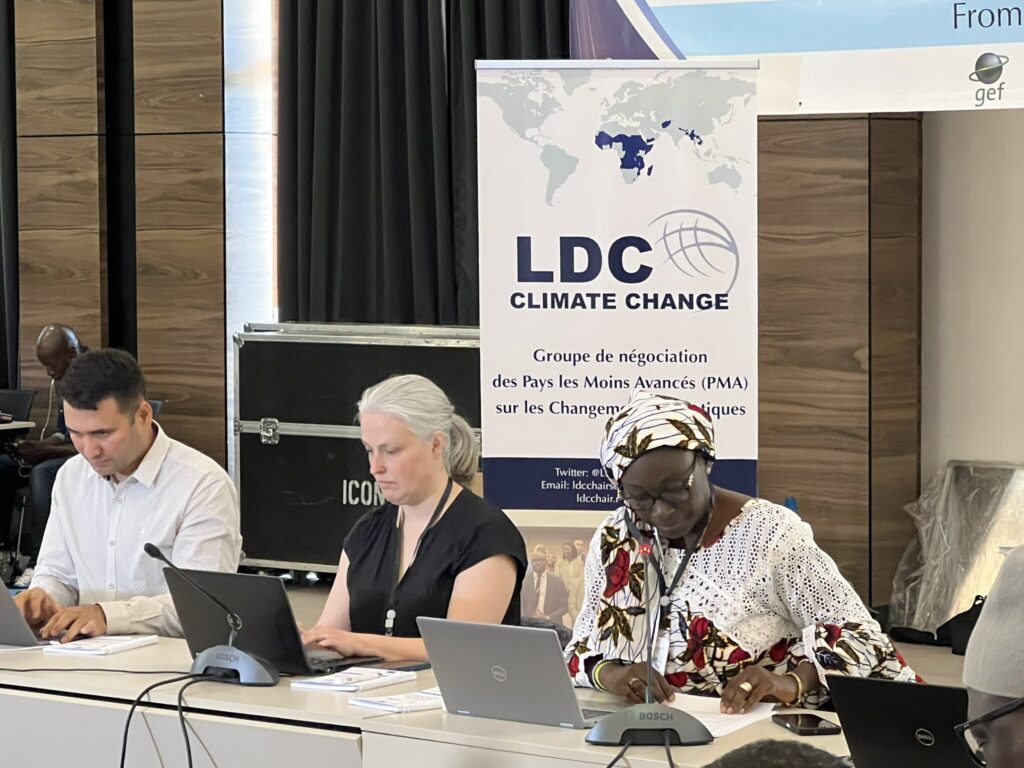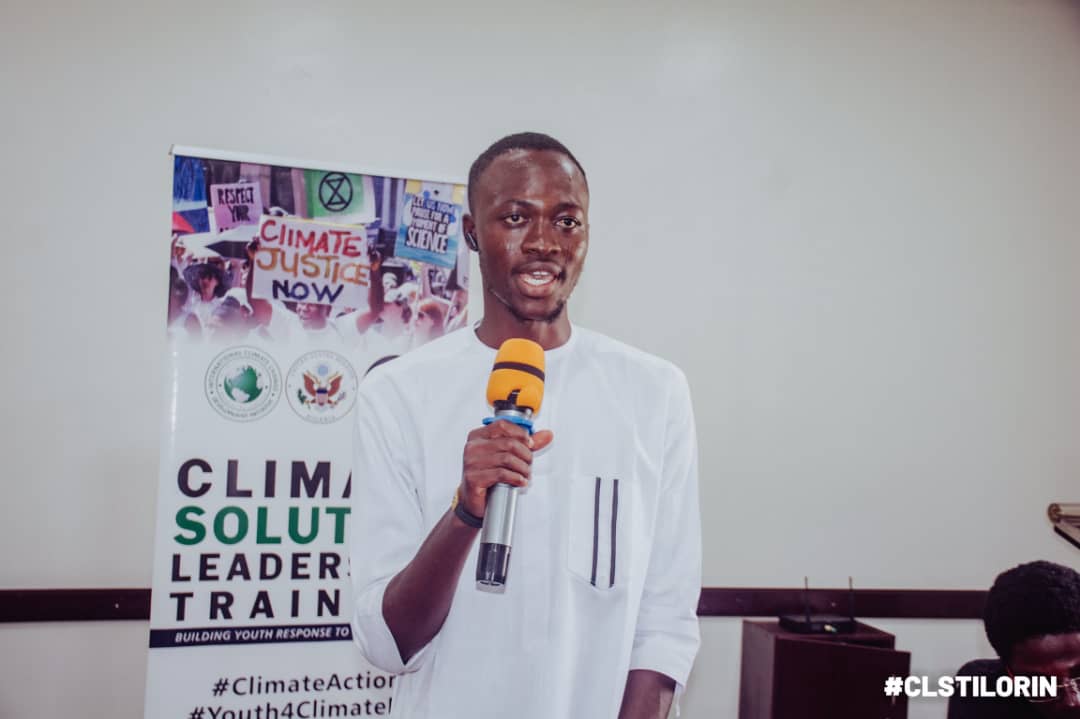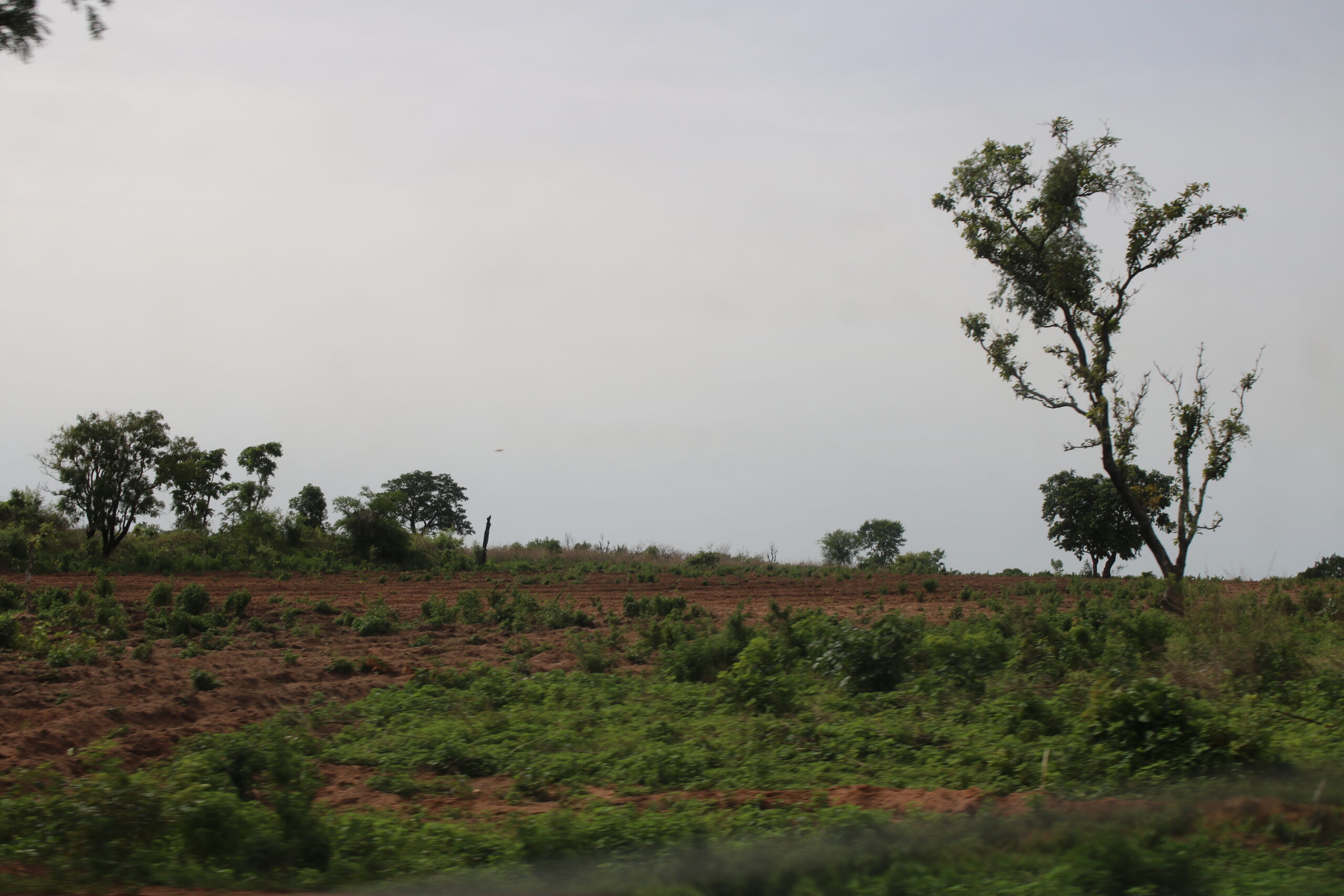As the UN Climate Change Talks commenced in Bonn, today June 5, 2023, ahead of the Conference of the Parties (COP28) coming up later in the year in the United Arab Emirates (UAE), the Least Developed Countries (LDC) Group has set out its priorities for the Germany meeting.
Chair of the LDC Group in UN climate change negotiations Ms Madeleine Diouf Sarr, said the success of COP28 hinges on progress achieved at this Bonn conference.
“We have to lay the foundations for a COP28 decision that leads to the curbing of global emissions in line with the 1.5°C target and increased funds provided to our countries so we can address the impacts of climate change,”
She said Bonn is the final opportunity for technical discussions that will inform the Global Stocktake output at COP28.

“We are transitioning to the political phase in the lead-up to COP28. The Global Stocktake must lead to increased ambition and scaled-up climate finance, to put us on the path to limiting warming to 1.5°C.
“Beyond COP28 it is vital that we follow up on this work. Transparency on progress across the pillars of the Paris Agreement will allow us to really see where accelerated action is needed in this critical decade for climate action.
“We cannot afford to be without the information that shows where gaps remain on adaptation, mitigation, loss and damage, and future support. We expect an update from the high-level committee on the next steps.
“We are also concerned that at the moment considerations of loss and damage are being folded in with adaptation through the global stocktake process, which is not giving this critical issue the space for discussion it needs,” she said.
Speaking on the loss and damage, a key priority for the LDC Group, Ms. Diouf Sarr said the Loss and damage is a central pillar under the Paris Agreement, and conflating it with adaptation would set back the progress achieved last year in Sharm El-Sheikh.
“Our people are suffering as a consequence of the emissions of others. Our governments are already footing the bill for loss and damage.
“This is not equitable and is why new funding to address loss and damage is critical. Hard work remains to correct decades of climate injustice, the new Loss and Damage fund needs to be operationalised this year,” she said.
Speaking on the significance of adaptation, she said “The IPCC Synthesis Report reminded us that the world is not adapting fast enough to climate change, some limits to adaptation have already been reached.
“To address this crisis, the establishment of a comprehensive framework to achieve the Global Goal of Adaptation is of paramount importance.
“Though we cannot adapt our way out of climate change, increased adaptation funding is an absolute necessity for the survival of our communities,” she said.
Turning her attention to mitigation, Sarr said limiting global average temperature increase is a shared responsibility, but the burden remains unfairly distributed.
“Each country must do their fair share to significantly cut emissions this decade. The commitment to the 1.5°C goal should not be mere rhetoric, we need to see countries come back to the table with revised 2030 climate targets in line with 1.5°C this year, as they promised to do in the Glasgow Climate Pact,” she said.
Highlighting the paramount importance of climate finance, she said “Finance is the key to unlocking the potential of our countries to meet the challenges of climate change. Despite repeated calls, there is still a huge gap between the funds needed and those provided.
“We need to see a substantial increase in climate finance so our countries can address climate change on all fronts, and it must come in the form of grants, not loans. We cannot bear more debt in our pursuit of climate justice.
“It is imperative that the long-standing commitment of $100 billion per year is not only met but exceeded to rectify the shortfalls of the past and meet the escalating needs resulting from delayed action,” she said.
Ms. Diouf Sarr said that as deliberations continued from today in Bonn on a new climate finance goal for 2025 and beyond, the new finance goal must reflect the actual needs of countries to address climate change.
“Our hopes for COP28 are pinned on the decisions and progress made here in Bonn, firm commitments and decisive actions will pave the way for success at COP28, and indeed, for the future of our planet and people,” she said.
The Least Developed Countries Group is made up of 46 countries across Africa, the Asia-Pacific, and the Caribbean, with a joint population of over one billion people.
Vulnerable to environmental and economic shocks, and said to be disproportionately affected by the climate crisis, the countries negotiate together as a bloc at UN climate talks to advance the shared interest of a fair and ambitious global response to climate change.
By Dare Akogun





